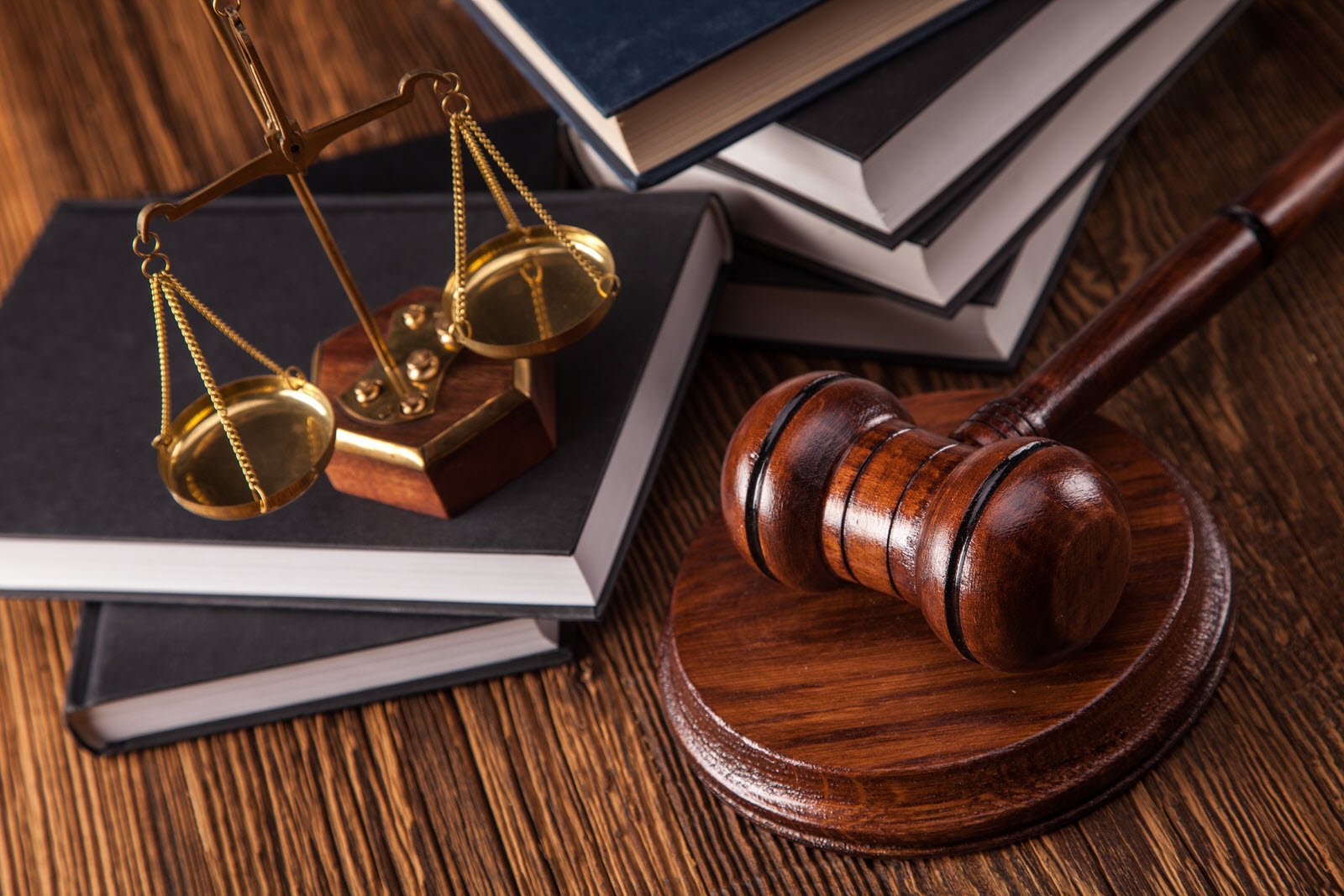Finding the best lawyer near you can feel like navigating a maze. Whether you’re dealing with a minor legal hiccup or a major legal battle, the right lawyer can make all the difference. Let’s dive into the essentials of finding top legal representation and why it’s crucial for your peace of mind and success in your legal endeavors.
Why You Need a Good Lawyer
Life throws curveballs—sometimes big, legal ones. When it does, having a competent lawyer by your side isn’t just a luxury; it’s a necessity. From navigating complex legal jargon to protecting your rights, a good lawyer ensures you’re not alone.
Types of Lawyers
Criminal Lawyers
Best appeals attorneys lawyers are your go-to if you’ve been accused of a crime. They specialize in defense against charges ranging from minor offenses to serious felonies.
Civil Lawyers
These lawyers handle disputes between individuals or organizations, covering everything from property disputes to breaches of contract.
Family Lawyers
Family matters like divorce, child custody, and adoption fall under the purview of family lawyers. They handle emotionally charged cases with sensitivity and care.
Corporate Lawyers
For businesses, corporate lawyers navigate the complexities of commercial law, from mergers and acquisitions to compliance and intellectual property.
Personal Injury Lawyers
If you’ve been injured due to someone else’s negligence, personal injury lawyers help you get the compensation you deserve.
What Makes a Lawyer the Best?
Qualifications and Credentials
Top-tier lawyers boast impressive educational backgrounds and licenses from reputable law schools and bar associations.
Experience and Track Record
A seasoned lawyer with a history of successful cases is invaluable. Their experience often translates to better strategies and outcomes.
Client Testimonials and Reviews
Word of mouth and online reviews provide insights into a lawyer’s reliability and effectiveness. Positive feedback from former clients is a good indicator of quality.
Specializations
A lawyer specialized in your type of case can offer deeper insights and more effective representation. Specialized knowledge can be a game-changer.
Where to Start Your Search
Online Resources
The internet is a goldmine for finding lawyers. Start with legal directories and specialized websites that list qualified lawyers.
Referrals from Friends and Family
Personal recommendations from those you trust can lead you to reliable and proven lawyers.
Bar Associations and Legal Directories
Local bar associations often have referral services that can help you find reputable lawyers in your area.
Online Resources for Finding Lawyers
Legal Websites and Directories
Websites like Brownstone Law listings and reviews of lawyers.
Review Platforms
Yelp, Google Reviews, and other platforms provide candid feedback from clients about their experiences with lawyers.
Lawyer Matching Services
Services like LegalMatch and UpCounsel match you with lawyers based on your specific needs and case details.
Questions to Ask Potential Lawyers
Their Experience with Similar Cases
Ensure the lawyer has handled cases like yours. Ask for examples and outcomes.
Fee Structures
Clarify how they charge—hourly, flat fee, or contingency—and understand what you’re paying for.
Case Strategy and Expectations
Discuss how they plan to handle your case and what the realistic outcomes might be.
Lack of Communication
A lawyer who doesn’t promptly return calls or emails may be unreliable.
Unrealistic Promises
Beware of lawyers who guarantee specific outcomes. The legal process is unpredictable.
Unclear Billing Practices
Transparency is key. Avoid lawyers who are vague about their fees and billing methods.
The Role of Specialization
Why Specialized Lawyers Are Beneficial
Specialized lawyers bring in-depth knowledge and experience to your case, often leading to better results.
Examples of Specialization Impacting Case Outcomes
A specialized lawyer in personal injury can navigate complex medical records, while a corporate lawyer can expertly handle intricate business laws.
Understanding Legal Fees
Hourly rates are common, but some cases might be better suited for flat fees, where you pay a set amount regardless of time.
Gathering Necessary Documents
Bring all relevant documents to your first meeting to give your lawyer a clear picture of your case.
Writing Down Questions
Prepare questions in advance to ensure you cover all bases during your consultation.
Understanding Your Case Details
Know the basic facts and details of your case to communicate effectively with your lawyer.
Building a Good Client-Lawyer Relationship
Importance of Trust and Communication
A strong relationship is built on trust and open communication. Keep your lawyer informed and expect the same in return.
Regular Updates and Feedback
Stay updated on your case’s progress and provide feedback as needed. Regular communication helps keep everything on track.



